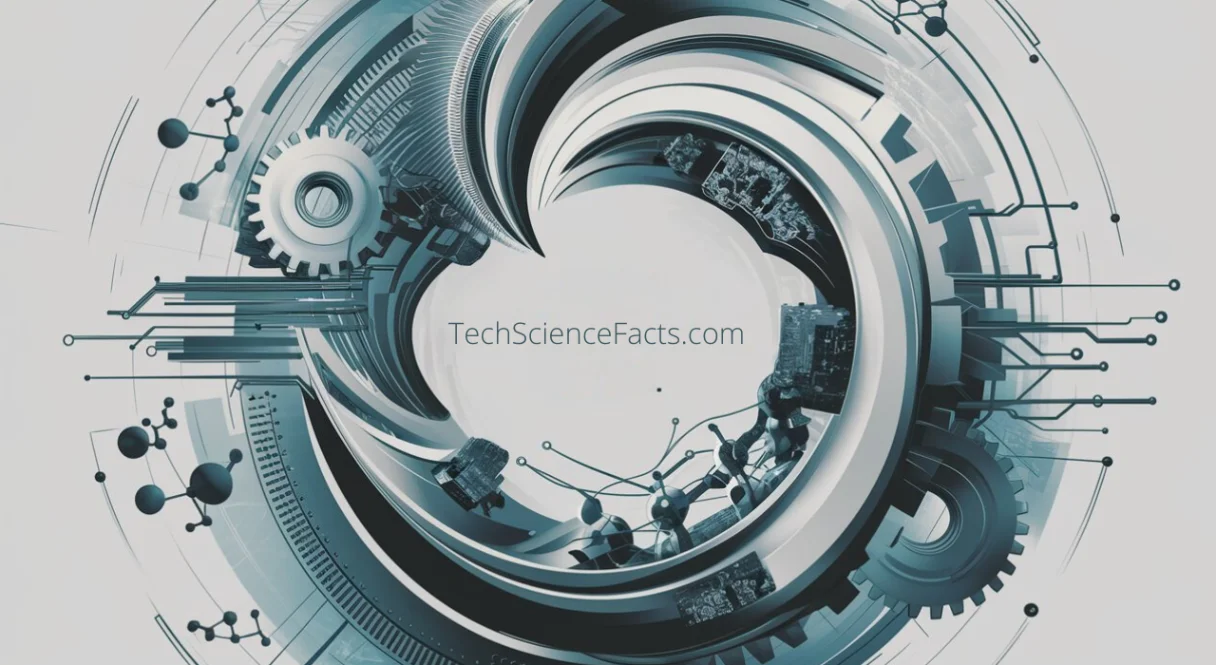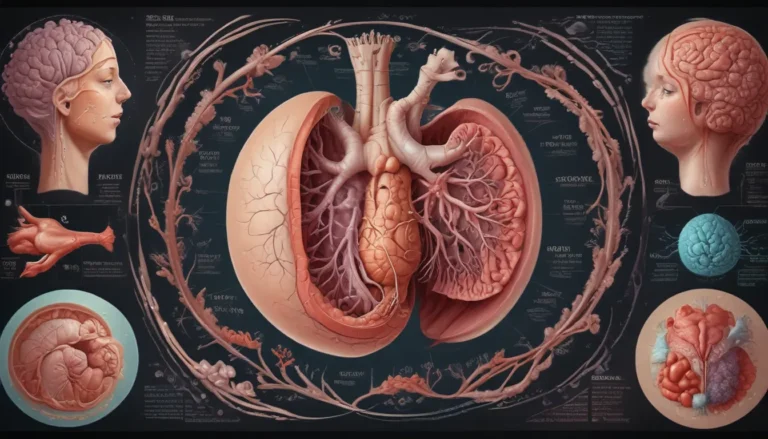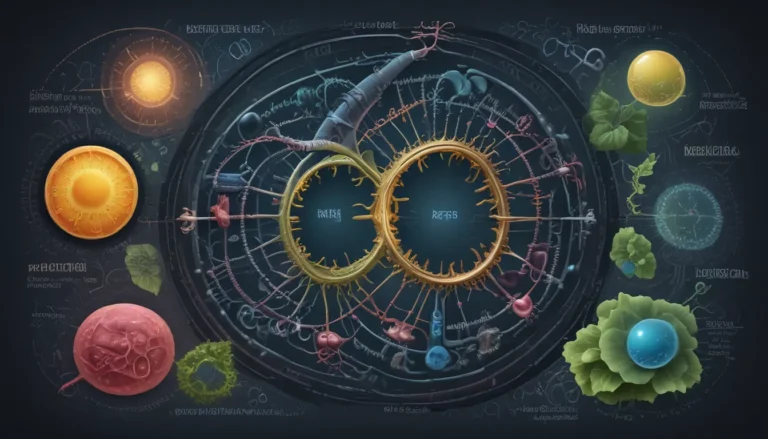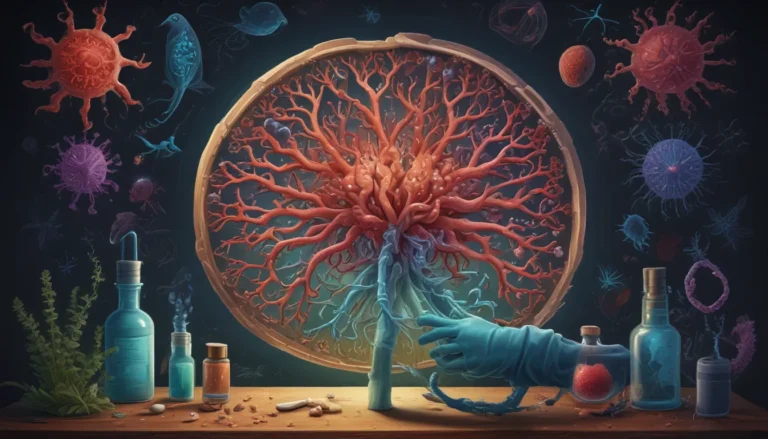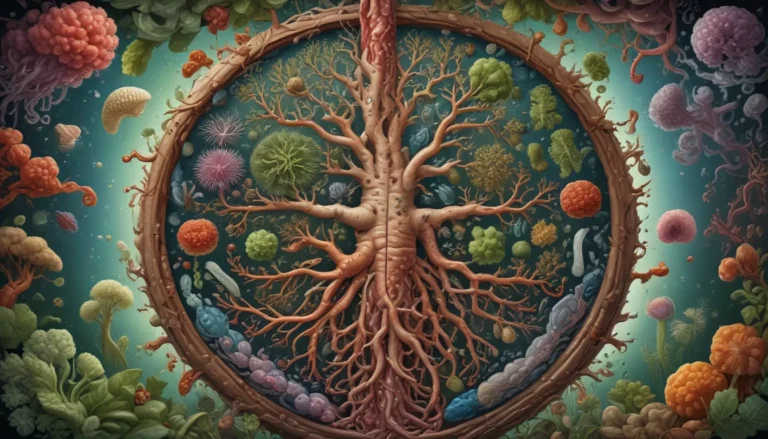A Note About Images: The images used in our articles are for illustration purposes only and may not exactly match the content. They are meant to engage readers, but the text should be relied upon for accurate information.
The field of organ transplantation has made remarkable advancements in modern medicine, offering hope and life-saving solutions to many individuals facing various health challenges. From its ancient origins to the latest technological innovations, organ transplantation continues to play a critical role in improving and saving lives around the world.
The Historical Roots of Organ Transplantation
Organ transplantation is not a recent concept but has a rich history dating back to ancient civilizations. Early Egyptians and Greeks discussed the possibility of replacing organs, while Indian surgical texts from the 3rd century BC described procedures like dental transplants and skin grafts.
Milestones in Organ Transplantation
The first successful human organ transplant took place in 1954 when Dr. Joseph Murray performed a kidney transplant between identical twins. This groundbreaking procedure laid the foundation for the significant advancements seen in organ transplantation today.
The Challenge of Organ Shortages
Despite the success of organ transplantation, there remains a critical shortage of organs available for those in need. This shortage leads to lengthy waiting lists and, unfortunately, a high rate of mortality among patients awaiting suitable organ matches.
Types of Organ Donation
Organs can be donated by living or deceased individuals. Living donors can give kidneys, portions of the liver, and lung lobes, while deceased donors can contribute multiple organs, including the heart, lungs, liver, kidneys, pancreas, and small intestine.
Improvements in Success Rates
Advances in surgical techniques, immunosuppressive medications, and post-operative care have significantly increased the success rates of organ transplantation. As a result, the survival rates for many organ transplants have improved.
Longevity of Transplanted Organs
With proper care and ongoing medical supervision, transplanted organs can last for many years. Some recipients have lived with transplanted organs for several decades, emphasizing the life-changing impact of organ transplantation.
Saving Multiple Lives through Organ Donation
In some cases, a single deceased donor can donate multiple organs, allowing for the possibility of saving multiple lives through transplantation. Careful organ allocation and transplantation procedures make these life-saving opportunities possible.
The Role of Compatibility in Transplantation
Matching blood type and tissue compatibility between donors and recipients is crucial for the success of organ transplantation. Factors like ethnicity and blood type play a significant role in determining compatibility and the likelihood of successful transplants.
Positive Impact on Recipients’ Quality of Life
For individuals suffering from organ failure, transplantation offers the opportunity to regain a healthy, fulfilling life. Organ transplantation can alleviate symptoms, extend life expectancy, and improve overall well-being for recipients.
The Challenge of Organ Trafficking
Unfortunately, the demand for organs has led to the emergence of an illegal market for organ trafficking. This black market exploits vulnerable individuals and raises significant ethical concerns surrounding organ donation and transplantation.
Future Innovations in Organ Transplantation
Scientists and researchers are continuously exploring advancements like lab-grown organs, xenotransplantation using animal organs, and 3D-printed organs. These innovations have the potential to transform the field of organ transplantation in the coming years.
Conclusion: Transforming Lives through Organ Transplantation
Organ transplantation remains a remarkable feat of modern medicine, offering hope and new beginnings for individuals in need of life-saving interventions. While challenges like organ shortages and ethical considerations persist, ongoing research and increased awareness can further enhance the success and impact of organ transplantation in the future.
FAQs About Organ Transplantation
-
Duration of Organ Transplantation Procedure: The duration of an organ transplantation procedure can vary but generally takes several hours, considering pre-operative evaluations, donor matching, and post-operative recovery.
-
Age Restrictions for Organ Transplantation: Age is not a strict limitation for organ transplantation, as eligibility is determined based on individual health factors and medical conditions.
-
Importance of Matching for Successful Transplants: While close matches between donors and recipients are preferred, a perfect match is not always necessary for a successful transplant due to advances in immunosuppressive medications.
-
Living Organ Donation: Yes, organs can be safely donated by living individuals, offering the opportunity to save lives and improve the quality of life for recipients.
-
Longevity of Transplanted Organs: The longevity of transplanted organs varies based on factors like the type of organ transplanted, post-operative care, and response to immunosuppressive medications.
In conclusion, organ transplantation continues to be a life-changing medical procedure with the potential to save countless lives and improve overall well-being. As advancements in technology and research progress, the field of organ transplantation holds promise for a brighter and healthier future for many individuals in need.
In your exploration of the fascinating world of organ transplantation, consider delving into related topics such as the movie “Repo The Genetic Opera” for a fictional perspective or learning about pioneering transplant surgeon Dr. Joseph E. Murray for a deeper historical insight.
Our dedication to providing reliable and engaging content ensures that each fact presented is credible and informative. Trust in our commitment to delivering quality information as you discover and learn more about the world of organ transplantation.
